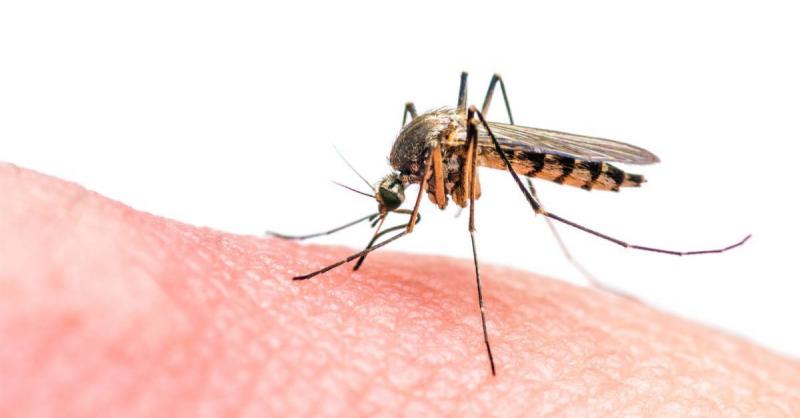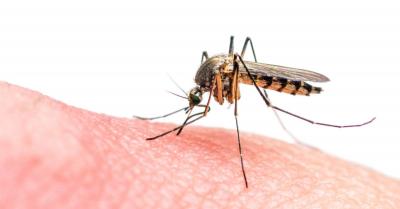Many people suffer from annoying mosquito bites, especially during the summer, which deprives them of sleep and comfort at night. Mosquito bites are usually not dangerous and rarely lead to severe allergic reactions after being bitten, but they can transmit bacteria and germs that cause diseases. Here are a set of tips for preventing mosquito bites, according to the British newspaper Express:
**Body Coverage**
If you are outdoors at times when insects are particularly active, such as at sunrise or sunset, cover your skin by wearing long sleeves and pants. Mosquitoes typically bite around the face, but they do not differentiate, so make sure to cover all skin areas and wear appropriate closed shoes when outdoors. Ideally, wear light-colored clothing as some mosquitoes are attracted to dark colors.
**Insect Repellent**
Apply insect repellent to exposed skin after using sunscreen; repellents with 50% DEET (diethyl toluamide) are the most effective. You can also use a product that contains lemon eucalyptus oil instead. Avoid using any perfume or scented products as they may attract mosquitoes and other insects.
**Avoid Water Bodies**
Avoid camping or lounging or spending too much time near water bodies, such as ponds and marshes, as mosquitoes and horseflies are generally found near water sources. Try to minimize the time spent in these areas.
**Window Screens**
It is advised to install screens on windows at home to keep mosquitoes and other insects out, especially when you need to open windows in hot weather.
**How to Treat Mosquito Bites**
The first step is to wash the affected area with soap and water. After that, apply a cold compress, such as a wet cloth or a cold washcloth, or an ice pack to the area for at least 10 minutes, particularly if it is swollen. If you experience itching in the affected area, apply an anti-itch cream or hydrocortisone to reduce itching, redness, and irritation. You may also take antihistamines according to the instructions on the package.




